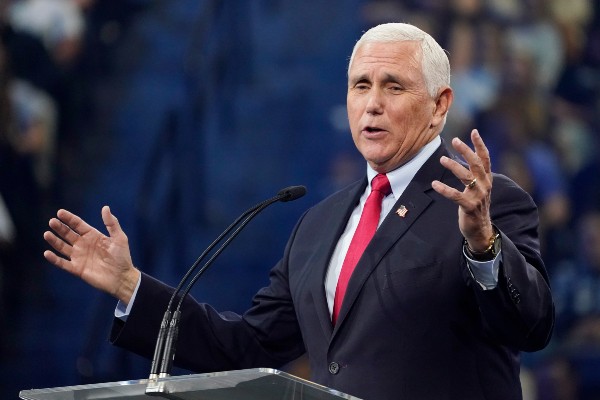
Any competent ESG manager will tell you their engagement policies are meaningless without the credible threat of divestment. But as investors eye the finishing line on another dramatic year, it is now obvious ESG’s most powerful tool is being used against it.
It turns out divestment works both ways. In the UK, much has been made of the threats faced by ESG as a movement. Greenwashing, mis-selling, and an ongoing debate about how products are categorised are all on the list. But in the US, there is a much more localised conversation occurring between state treasuries and the powerhouses of big finance over the environment and ESG.
If you look at the news, you’ll see several US states are now in a divestment battle with BlackRock, a company that has – through the influence of chief executive Larry Fink – provided much of the example on ESG for its competitors to follow.
Curtis Loftis isn’t happy however. He is the state treasurer of the state of South Carolina, and he has publicly declared his intention to divest the final $200 million of South Carolina’s BlackRock holdings by the end of the year, citing the US company’s "leftist worldview".
"Your blatantly anti-fossil fuel policies would destroy Louisiana’s economy," he said in a letter to Fink. "This divestment is necessary to protect Louisiana from actions and policies that would actively seek to hamstring our fossil fuel sector. In my opinion, your support of ESG investing is inconsistent with the best economic interests and values of Louisiana."
Utah and Arkansas are also both divested from BlackRock, albeit partially. It’s worth noting, then, that much of what influences the legitimacy of sustainable investing is occurring miles away from Europe, and miles away from Washington DC.
Part of the distinction is geographic. American states are vast compared to Britain, and their devolved system of government, empowering local leaders to represent their communities, is at the heart of the tussle over how state monies and pension funds are managed.
Then there’s America’s political dynamics. Heavyweights like former US vice president Mike Pence have made their views on ESG clear. Endorsements, which are far more central to US politics than UK politics, mean that local politicians vy for the approval of influential personalities.
Writing for the Wall Street Journal in May, Pence decried a Blackrock-backed investor’s successful push to place environmentalists on the board of Exxon Mobil (XOM). On this, though, he and financial executives may not be entirely at loggerheads.
At Morningstar’s flagship conference for European institutional investors and asset owners this year, there was palpable unease at the prospect of finance organisations being left in the role of moral arbiters of human behaviour.
For my part, I find it interesting that big financial firms – when you sit down and actually speak to them – are as uneasy about being responsible for the moral imperative for ESG as their opponents are about receiving it. Perhaps that is rare common ground.
One uncomfortable truth for asset management CEOs: Their companies are now involved. Like it or not, big finance has got a lot of skin in the game, and it can’t back out. Marketing teams’ gushing sentiments about building the future have made that an impossibility, lest their bosses be accused of blatant hypocrisy.
They probably didn’t expect a steep uphill battle in convincing US states at a local level of the merits of their approach, but in the short-term, it’s where the success of ESG investing will be decided.
A previous iteration of this comment piece drew a comparison between opposition to ESG and events leading up to the US Civil War. The author regrets the offence potentially caused by that comparison and has amended the piece accordingly.




























